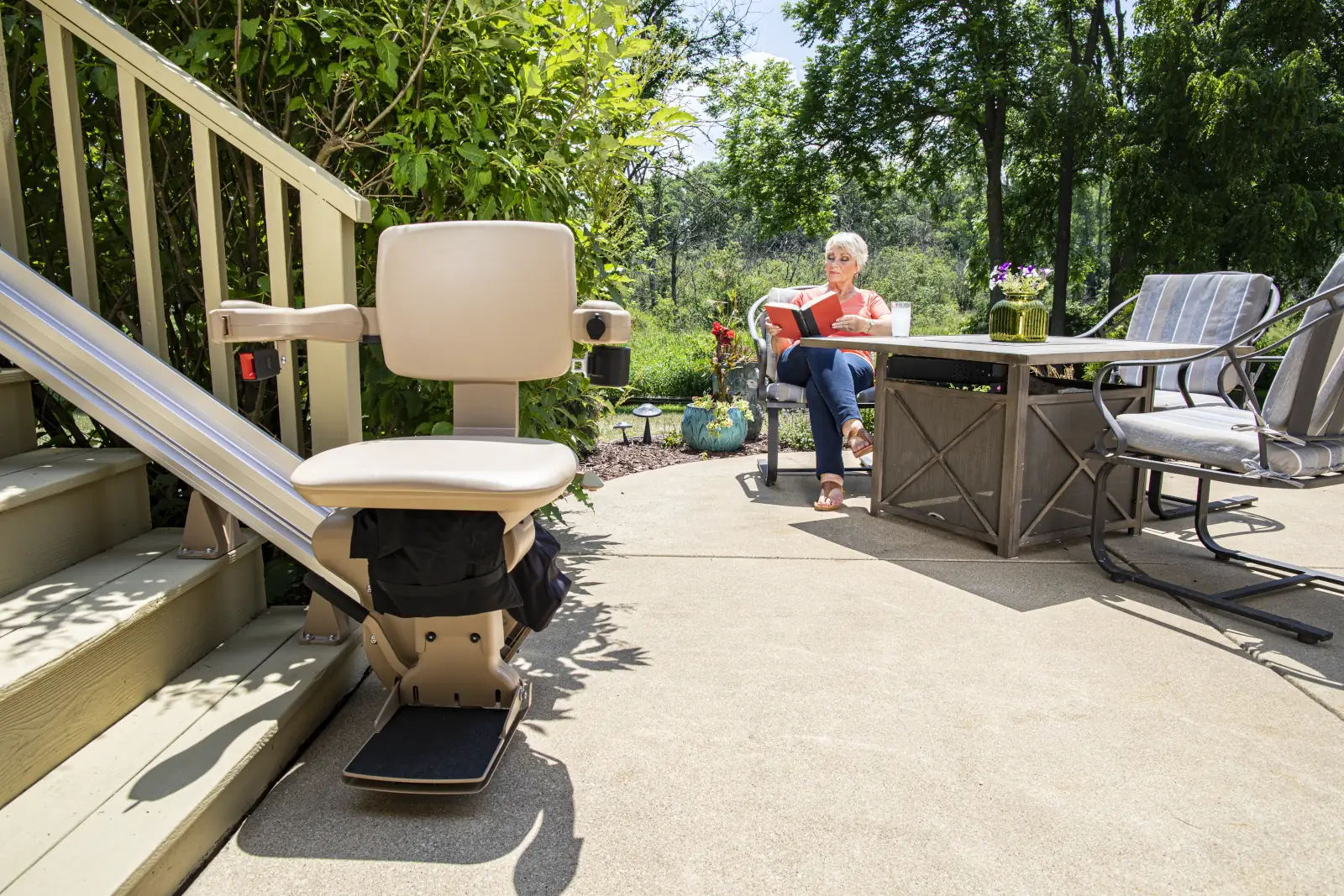A Comprehensive Guide to Understanding the Benefits of Regular Movement for the Elderly
As we age, maintaining mobility becomes increasingly important for overall health, independence, and social connections. A significant number of seniors experience mobility issues as their bones and joints weaken, muscles lose their strength, and balance deteriorates. In fact, 20% of adults aged 65 or older report significant difficulty or complete inability to perform certain mobility-related tasks. Addressing these challenges is essential for ensuring seniors can lead fulfilling lives.
The Benefits of Mobility for Seniors
Regular physical activity offers numerous health advantages for the elderly, including:
- Improved muscle and ligament health: Engaging in low-impact exercises such as walking, yoga, and swimming helps strengthen muscles and ligaments without placing undue stress on fragile joints. These activities also promote flexibility and balance, making it easier for seniors to perform daily tasks and prevent falls.
- Enhanced cardiovascular health: Regular movement exercises the heart and lungs, improving their function and reducing the risk of heart disease, high blood pressure, and stroke. Aerobic exercises, such as brisk walking or cycling, are particularly beneficial for seniors as they improve heart and lung health without causing excessive strain on the joints.
- Weight management: Choosing to walk and engage in physical activity instead of using mechanical transportation options, like escalators, can help seniors maintain a healthy weight. This prevents the accumulation of harmful body fat during their later years, reducing the risk of obesity-related health issues such as type 2 diabetes and cardiovascular disease.
- Reduced obesity-related inflammation: Regular exercise helps prevent obesity and the inflammation associated with it. Inflammation can lead to chronic conditions such as arthritis and negatively impact seniors’ overall health and quality of life.
- Increased independence and social opportunities: Mobility plays a crucial role in seniors’ ability to maintain their independence and engage in social activities. Participating in group exercises or attending community events allows seniors to build friendships and maintain social connections, which have been proven to improve overall happiness and mental health.
- Accessible home modifications: Making homes more accessible for seniors with mobility challenges is essential for promoting independence and safety. Installing stairlifts and elevators can significantly improve the ease of navigating multi-level homes, reducing the risk of falls and allowing seniors to continue living comfortably in their own space. Other modifications, such as installing grab bars in bathrooms, widening doorways for wheelchair access, and adding ramps for entryways, further contribute to creating a supportive and accessible living environment. By adapting homes to meet seniors’ mobility needs, we can help them maintain their independence and enhance their overall quality of life.
Supporting Mobility for Seniors
To help seniors maintain mobility and independence, consider the following strategies:
- Encourage regular exercise by finding activities that are enjoyable and age-appropriate. Walking clubs, water aerobics classes, and chair yoga are examples of senior-friendly options.
- Ensure the home environment is safe and accessible by installing grab bars, removing tripping hazards, and providing safe access to all levels of the home.
- Consult with healthcare professionals for personalized recommendations and support for specific mobility concerns.
If you or a loved one needs assistance in maintaining mobility, our team is here to help. We provide stairlifts, home elevators, and support for a mobile lifestyle for all. Call us at 609-385-9575 to learn more about our services and how we can help seniors maintain their independence and improve their quality of life.


